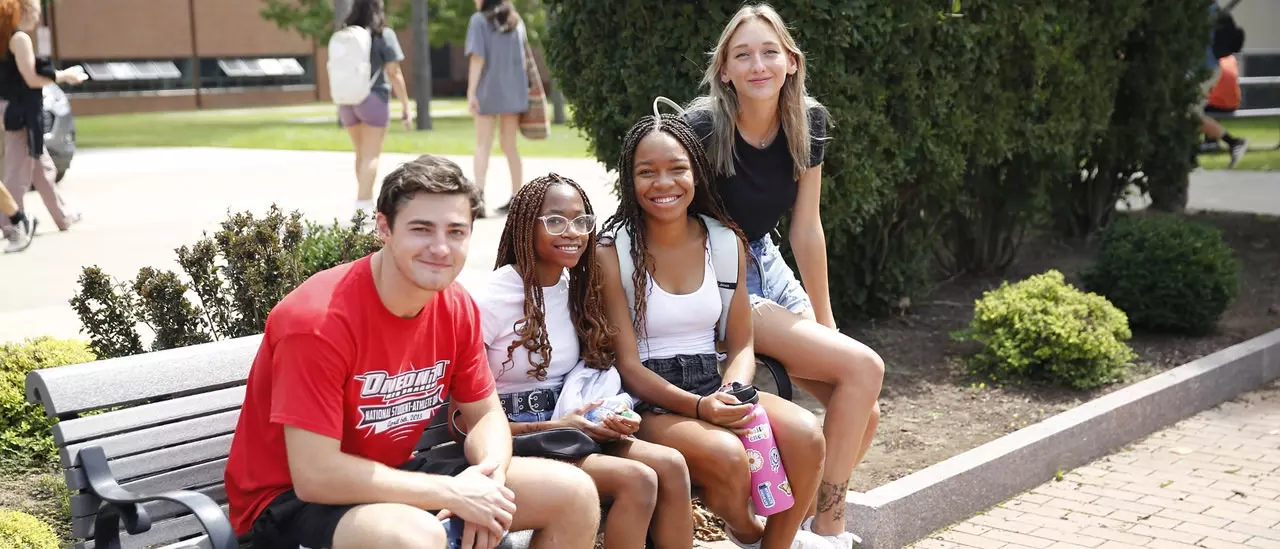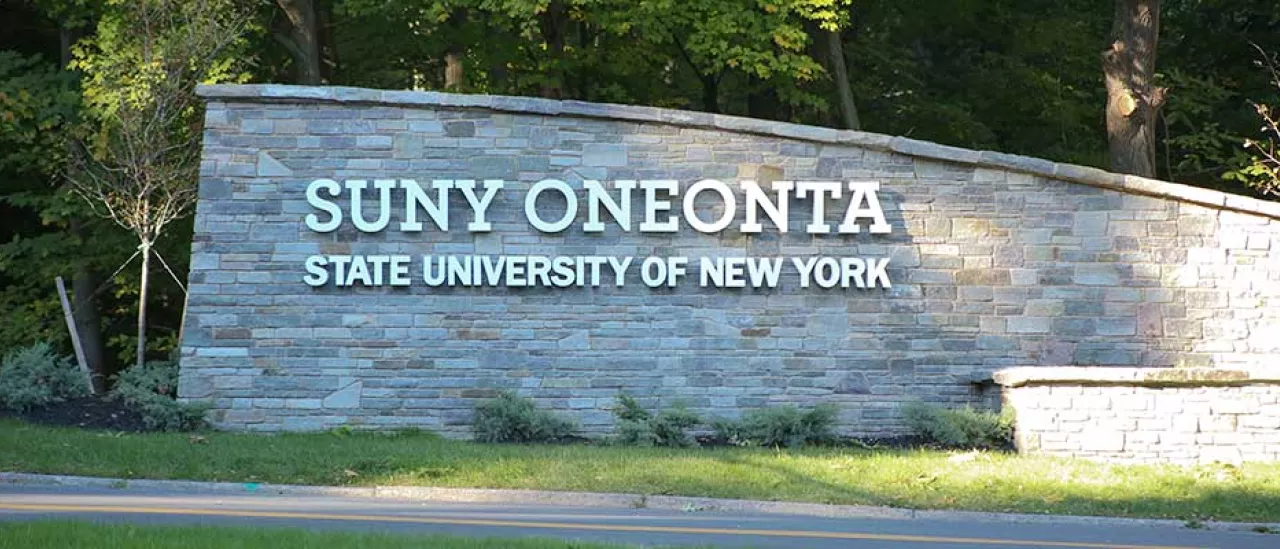Living off campus as an upperclassman is a great way to learn to live more independently before you graduate from college. Making a budget, cooking your own meals, paying bills, negotiating relationships with neighbors and housemates... These are all incredible skills to learn as you begin to prepare for the next steps in life after earning your degree. If you live in the area, you may have decided to commute to campus to save money. Either way, we are here for you!
Our Off-Campus and Commuter Student program supports you with navigating the off-campus experience and provides you with opportunities to make meaningful connections to foster a sense of belonging and a connected college experience. Support is available to you through the following programs and services:
Have a question? Contact Us!
Off-Campus and Commuter Student Services
Lakisha Mason, Director
Wilsbach 106A
Email: Lakisha.Mason@oneonta.edu
Phone: 607-436-2057
Other Campus Resources
Academic Support
Adjusting to the academic challenges of college can be a big transition, but you don’t have to go at it alone. We offer a variety of academic support services to help you stay on track.
Health and Well-Being
Your success is not just about academic achievements; it's also about nurturing your mental and physical health.
Financial Literacy
Our financial literacy program provides resources and offers one-on-one appointments to assist with your financial wellbeing.

